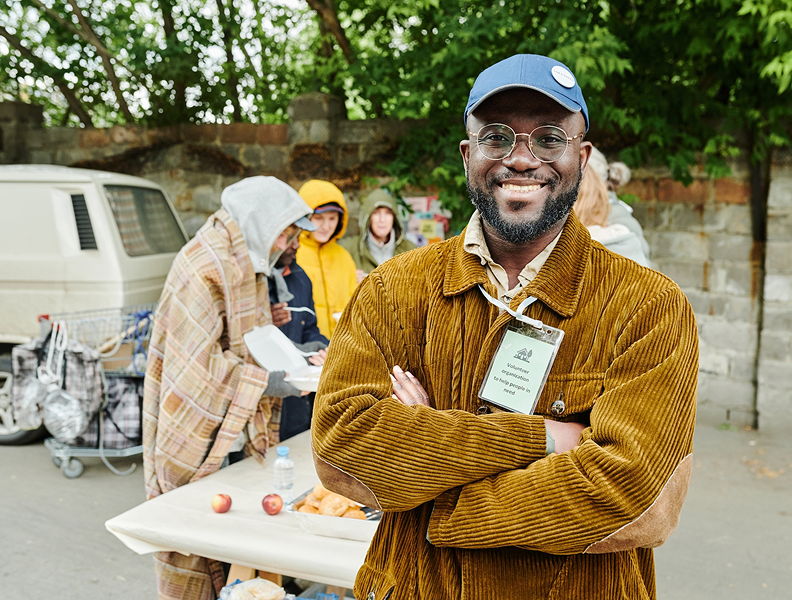Tailored Tools.
Expansive Insights.
Expand your reach and resources.
SPIRE by Hattaway Communications is our in-depth study of the U.S. population that explores why people give their time and money to good causes, who cares about your cause, and how you can engage them.
SPIRE draws on social science, decades of research, and a deep understanding of how people respond to purpose-driven communications.
The study offers actionable insights on six distinct segments of the American public—people who think and act differently when it comes to giving their time and money to nonprofit organizations.
SPIRE data and insights equip you to tailor and target engagement to appeal to their unique motivations and mindsets, which can increase your reach and response rates.
SPIRE Segments
-

ALTRUISTS
Optimistic, Altruistic, Ready for Action
-

INSPECTORS
Well-Intentioned, Cautious, Questioning
-

STRIVERS
Ambitious, Confident, Seek Recognition
-

BUTTERFLIES
Joyful, Interpersonal, Lifestyle-Driven
-

WALLFLOWERS
Altruistic, Loyal, Hesitant
-

CRITICS
Outspoken, Pessimistic, Deeply Skeptical
SPIRE Helps You Power Engagement with Any Audience
-
Strategic Planning
Sharpen your focus on audiences and objectives
-
Program Design
Ensure activities align with the interests of your supporters and people you serve
-
Message Development
Tailor messaging to appeal to people’s unique interests
-
Creative Development & Content Testing
Learn how different segments respond to words, images, stories, and activities
-
Evaluation
Assess how people in different engage with your programs and communications work

